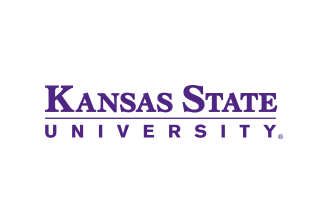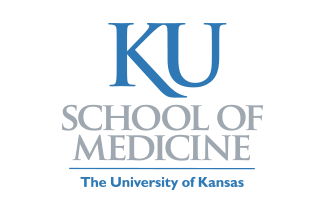The Regional Institute on Aging is focused on working together with the surrounding community and organizations to enhance the lives of older adults.

Envision
The RIA partners with the Envision Research Institute to identify and support research in a number of areas, including the development rehabilitation programs, design and evaluation of novel vision aides, basic research on the eye disease, and ways to characterize the functional limitations associated with visual impairment. In addition, we aim to promote greater professional and academic interest in low vision rehabilitation by providing valuable interdisciplinary training opportunities for undergraduate and graduate students and research opportunities for faculty across the university. Dr. Laura Walker will hold an adjunct research scientist appointment in the Regional Institute on Aging. The Envision Research Institute (ERI) is directed by Laura Walker, Ph.D. The ERI, established by Envision in 2014, conducts applied vision research that improves low-vision patient care and eliminates functional barriers for individuals who are blind or visually impaired. In addition, we aim to promote greater professional and academic interest in low vision rehabilitation by providing valuable interdisciplinary training opportunities for undergraduate and graduate students and research opportunities for faculty across the university. Dr. Walker holds an adjunct research scientist appointment in the Regional Institute on Aging.

Kansas State University
The RIA worked with Dr. Kimberly Kirkpatrick in Department of Psychology at Kansas State University and Dr. Rui Ni from the Department of Psychology at WSU to submit an NIH Centers of Biomedical Research Excellence (COBRE) grant. The purpose of the COBRE funding mechanism is to “promote the initiation and development or expansion of unique, innovative state-of-the-art biomedical and behavioral research centers at institutions.” A central focus of the proposed research project concerns issues related to neural plasticity. This area holds considerable promise for the development of novel training programs that improve functioning or speed recovery of function after injury in older adults. This grant supports the training of a cadre of researchers whose research interests would overlap with those of the Regional Institute on Aging.

University of Kansas Medical Center
Providing high quality training opportunities for WSU students is an important goal of the RIA. This year, the RIA partnered with Eric Vidoni Ph.D. from the University of Kansas Alzheimer’s Disease Center to place two students from WSU in their Kansas Dementia & Aging Research Training (KDART) program. The program provides undergraduate students with research training in brain aging and dementia through structured projects. Projects emphasize the development of good research practice skills. Interns participate in a 12-week project assisting with research being conducted by their internationally recognized faculty mentors.

WSU Dorothy and Bill Cohen Honors College
The RIA aims to help educate and diversify the next generation of scientists who will advance our understanding of aging and develop new ways of ameliorating age-related changes. In support of this aim the RIA worked with Dr. Kimberly Engber, the dean of the Honors College, to establish a Summer Research Institute (SRI) that provides high school students the opportunity to spend a week working on research related to aging at WSU. This is the first step in our goal of establishing an in-depth summer research experience for promising high school students. The first SRI was held June 12-17, 2016 and enrolled seven students who worked with research faculty from the departments of Exercise Science (Drs. Jeremy Patterson and Heidi Bell) and Psychology (Drs. Barbara Chaparro and graduate student Colton Turner). Students organized into two research teams to design and execute their own experiments, collect and analyze their data, and present their results.


